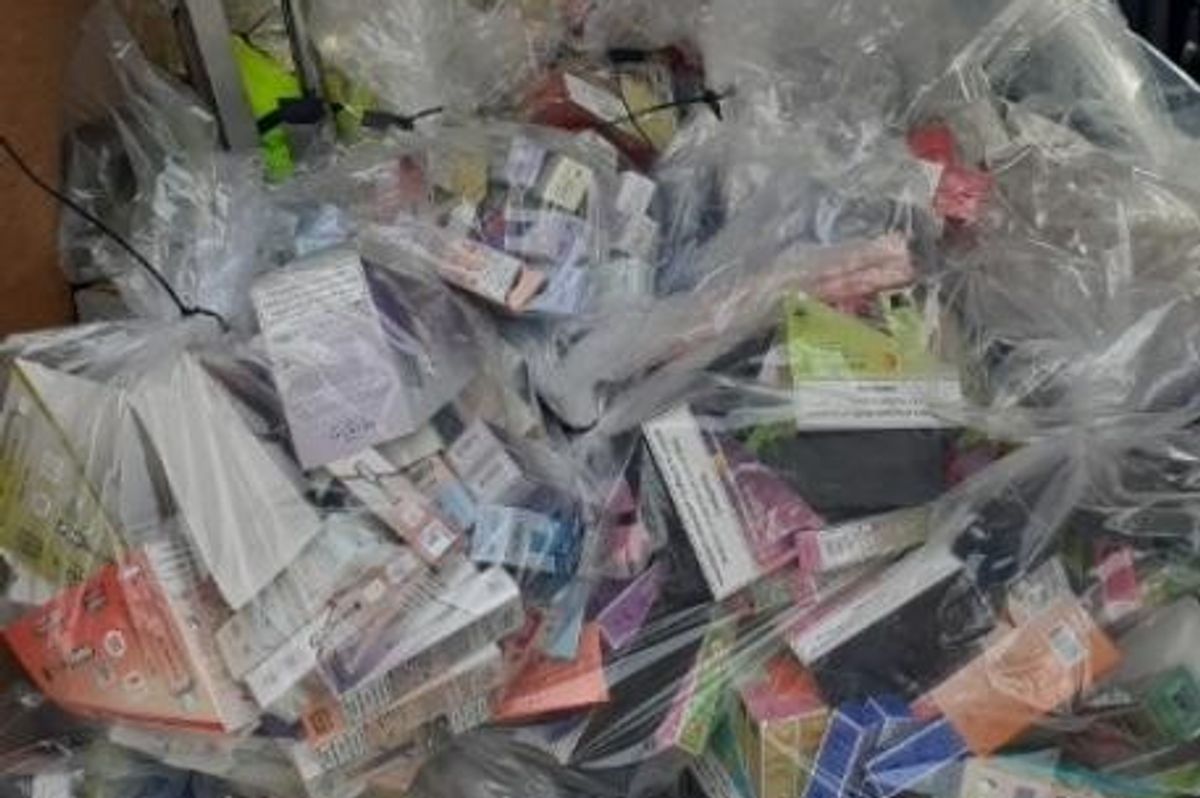Buying illegal tobacco products is in danger of becoming normalised behaviour, with four in 10 (43 per cent) adult smokers now finding themselves comfortable with the idea of buying cigarettes, even if they know they are produced or sold illegally, a new study has found.
The report, "Fighting the Dark Underworld: How the illegal trade in tobacco threatens to overwhelm us", noted that compromised living standards are forcing greater numbers of consumers into making difficult lifestyle decisions, creating ripe environments for criminals to push a larger number of smokers towards cheaper illegal channels and illegal products.
The study commissioned by JTI sheds new light on the pervasiveness of organised crime within global society, focusing on four countries with high levels of illicit tobacco trade: Canada, France, Philippines, and the UK.
“A combination of factors ranging from poor border controls and ineffective penalties to corruption, excessive taxation and legislation, are contributing to both the increase in demand for illicit products while making it easier for criminals to grow substantial criminal empires,” said Vincent Byrne, global anti-illicit trade operations director, JTI.
The report highlights key indicators – found across the four countries – that are allowing illegal trade to flourish, and these include excessive taxation and loss in government revenue globally that funds criminal activity, the challenge to enforcement due to the rapid technological progress, not cracking down on illegal tobacco trade to curb other serious crime and existing penalties being not severe enough to deter criminals, along with the cost of living crisis, which leads to black market purchasing decisions.
According to the World Bank, governments globally are estimated to be losing out on $40-50 billion annually in excise alone due to consumers being lured into buying illegal tobacco products. According to 88 per cent surveyed in the study, governments’ inability to collect tax revenue because of illegal trade is a significant issue.
The criminal shift towards e-commerce and the advancement of Artificial Intelligence is leading to an increased sophistication of production, distribution, and sale of illegal goods. Of those adult smokers surveyed, 14 per cent have claimed to have recently purchased illegal tobacco via social channels.
The study found that policy makers underestimate the extent of the worry for the public, with 50 per cent of respondents citing illegal tobacco trade as being a threat to their country, which is close to parity with those citing drugs/narcotics (54 per cent) and terrorism (49 per cent) as national dangers. The sale of illegal tobacco is not a victimless crime, according to 61 per cent of those surveyed.
“While the drivers fueling illegal trade are evident in each of the four countries, they have global impact,” Byrne said. “Given the borderless nature of illegal trade, in the future, countries that currently do not have an illicit tobacco problem, are advised to notice the triggers to avoid the onset and spread of criminality linked to illicit trade in their countries.”
The study found that 72 per cent of UK adult tobacco consumers would be happier paying the tax on tobacco products if the government spent more of these taxes on law enforcement.
While many UK authorities, including Customs & Excise, Trading Standards, Border Force, the police, and the National Crime Agency, have significant roles to play in tackling illegal trade, often times they have conflicting and overlapping responsibilities and dwindling resources.
The HMRC estimates that in 2021, the loss in revenue to the UK exchequer due to illegal tobacco trade was a steep £2.5 billion.
This comes as the country is experiencing its largest ever cost-of-living crisis, with public debt standing at over 184 per cent GDP, and with 11.7 million of the UK’s 67 million population living in poverty according to official figures.
The report says harsher deterrents and penalties are needed for criminals who are only too eager to exploit these loopholes.


